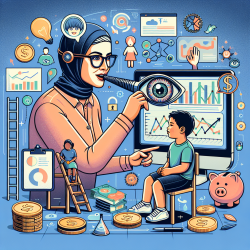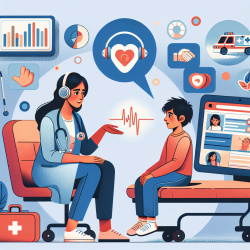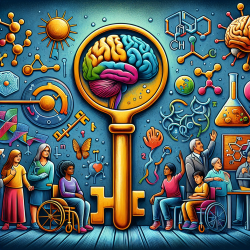Introduction
The COVID-19 pandemic has drastically reshaped the educational landscape, forcing a swift transition to online learning. While schools and universities have made significant strides in adapting to this new mode of education, the question remains: are students ready for this change? A recent study titled Academic performance under COVID-19: The role of online learning readiness and emotional competence delves into this question, offering insights that can help practitioners improve outcomes for students.
The Role of Online Learning Readiness
Online learning readiness is a crucial factor in determining students' success in a virtual environment. It encompasses several competencies, including computer and Internet self-efficacy, learner control in online contexts, and online communication self-efficacy. These skills are essential for navigating the online learning landscape, where students must independently manage their learning and communicate effectively with peers and instructors.
The study found that both high school and college students with higher online learning readiness demonstrated better academic performance during the pandemic. This suggests that enhancing these skills can lead to improved educational outcomes.
Emotional Competence: A Key to Success
Emotional competence, or the ability to express, regulate, and understand emotions, is another critical factor influencing academic performance. The study revealed that for high school students, emotional competence was significantly associated with better academic performance during COVID-19. Adolescents with higher emotional competence were better equipped to handle the emotional challenges posed by the pandemic, such as social isolation and increased stress.
Interestingly, the study found that while emotional competence was crucial for high school students, it did not significantly impact college students' academic performance. This developmental difference highlights the importance of tailoring interventions to the specific needs of different age groups.
Implications for Practitioners
For practitioners working with students, these findings underscore the importance of fostering both online learning readiness and emotional competence. Here are some actionable steps:
- Enhance Digital Skills: Provide training on essential digital tools and platforms to boost students' confidence and competence in navigating online learning environments.
- Promote Self-Regulation: Teach strategies for managing time and minimizing distractions to help students maintain focus and control over their learning.
- Develop Emotional Competence: Implement programs that focus on emotional awareness, regulation, and expression, particularly for adolescents who may be more vulnerable to emotional distress.
Encouraging Further Research
While this study provides valuable insights, it also highlights the need for further research, particularly in understanding the role of emotional competence in different educational settings and developmental stages. Practitioners are encouraged to explore these areas further to develop more effective interventions.
Conclusion
In conclusion, online learning readiness and emotional competence are critical components of academic success in the virtual learning environment. By focusing on these areas, educators and practitioners can help students navigate the challenges of online education more effectively.
To read the original research paper, please follow this link: Academic performance under COVID-19: The role of online learning readiness and emotional competence.










